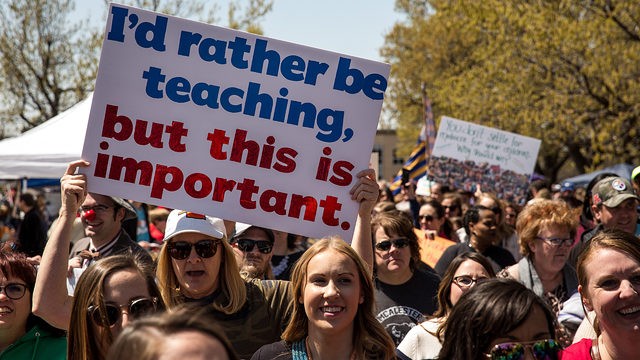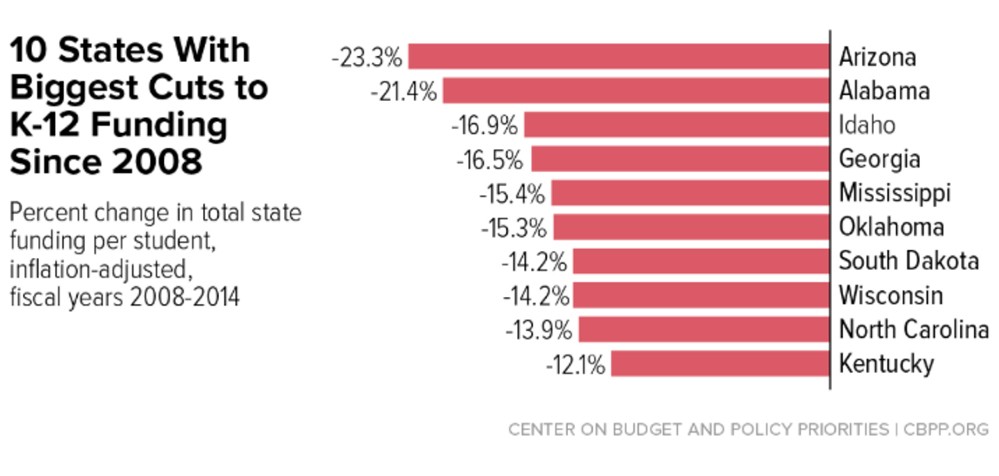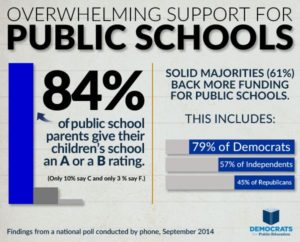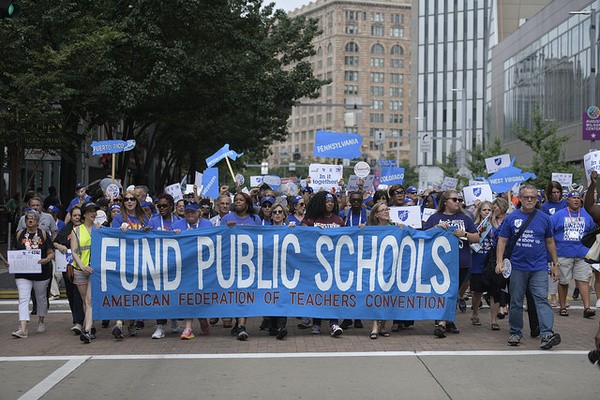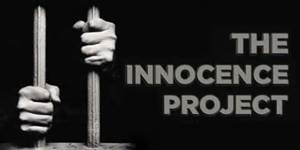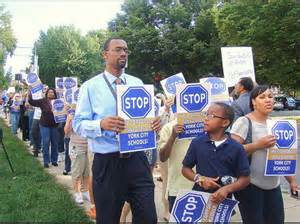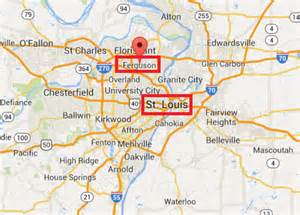Teachers Inciting ‘Blue Wave’
With midterms looming, Americans can show their overwhelming support for public education.
Isn’t it time the largest profession in the world get some respect in the good old USA?
A rash of wildcat strikes last spring finally brought national attention to a sort of dirty little secret that teachers have faced for decades: disintegrating classrooms, decades-old textbooks and the necessity of holding second jobs.
The “Educator Spring” shamed states into a chain of capitulation, mostly pay raises that conveniently amounted to unfunded mandates. Thus, the problem, decades in the making, is not at all solved. And neither is teachers’ resistance.
Fall Harvest
Public opposition to the downsizing of public education has given teachers a reason to be optimistic. According to PDK, the most respected survey on attitudes towards public schools, “Two-thirds of Americans say teachers are underpaid, and an overwhelming 78 percent of public school parents say they would support teachers in their community if they went on strike for more pay.”
This has taken teacher activism in electoral politics to an unprecedented level. According to Education Week, of the 158 teachers running for state legislative seats in this election cycle, 95 won their primaries and will be on the ballot in November. And of course that number doesn’t begin to count the scores of educators running for national or local offices across the country.
For example:
- Kentucky: on the heels of math teacher Travis Brenda beating powerful House majority leader Jonathan Shell in last spring’s GOP primary…the same Jonathan Shell behind a bill reducing teacher retirement benefits… a dozen teachers made it to Kentucky’s fall ballot.
- Arizona: Voters will have the opportunity to secure a sustainable funding source for public schools. The ballot proposal, called the Invest in Education Act, would double the state’s 4.54 percent personal income tax rate for households with incomes between $500,000 and one million dollars. All revenue would go to public schools, including full-day kindergarten.
- Oklahoma: As previously noted, teacher walk-outs last spring coaxed states to pass bills increasing teachers’ pay. In Oklahoma, of the 29 state legislators who voted against raising teachers’ pay, 18 aren’t coming back. Only three won their primaries.
- Wisconsin: Polls show a dead heat in the governor’s race between incumbent Scott Walker and Superintendent of Public Instruction Tony Evers, who is running on Walker’s “atrocious record on public education.”
- Florida: Progressive Tallahassee Mayor Andrew Gillum’s surprise win in the Democratic gubernatorial primary was probably prompted by his opposition to charter schools, calling them “a giveaway to [House Republicans] friends and family.”
The Janus Decision
What is most remarkable about the continuity between Educator Spring and current teacher ascendancy is what happened in between. The Supreme Court ruled on June 27, 2018, that public sector unions can no longer collect “agency fees,” which are basically union dues from non-members who reap the benefits of collective bargaining.
The decision, Janus vs. AFSCME, could wreak havoc on teachers union’s membership. About 70 percent of our country’s 3.8 million public school teachers belong to a union or a professional association. Lily Eskelsen Garcia, president of the National Education Association, the nation’s largest, said the Janus decision could mean a loss of 200,000 members.
But this is a moment when the walkout movement and collective grassroots political organizing can offer a glimmer of hope. In Arizona, where a walkout forced state officials to give teachers a raise, the Arizona Teachers Association gained 2,000 members during the year, as opposed to the typical 400-600 in previous years.
It’s not that Janus is some blessing in disguise. It is a right-wing effort to weaken traditional Democratic constituencies. And it will do its damage.
Leave it to teachers to find that bridge over troubled water. America would accept nothing less.
